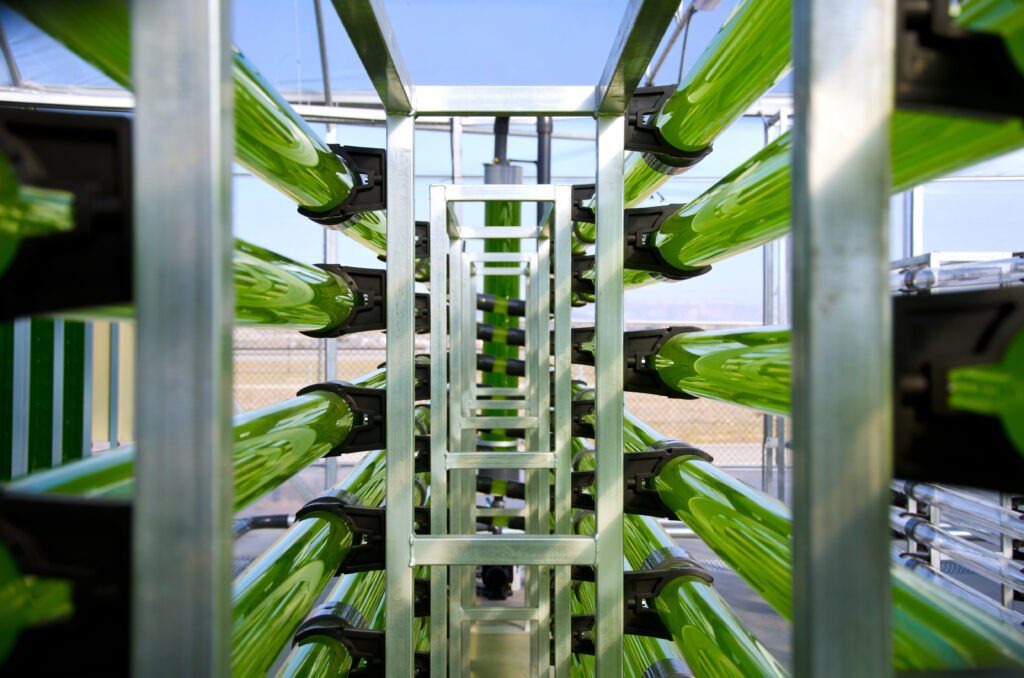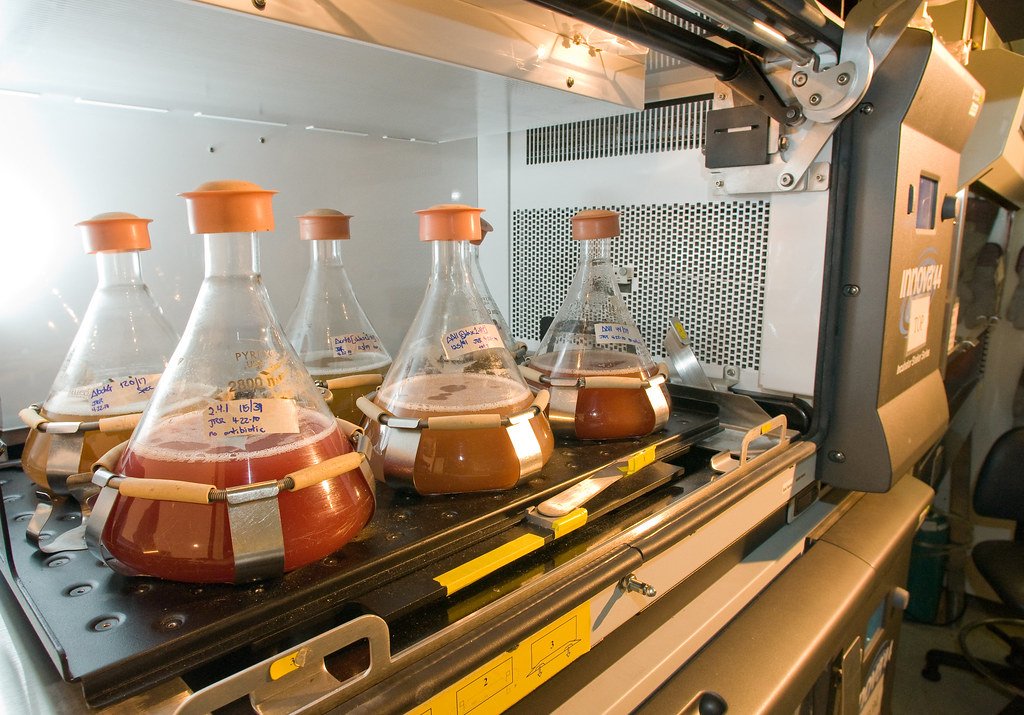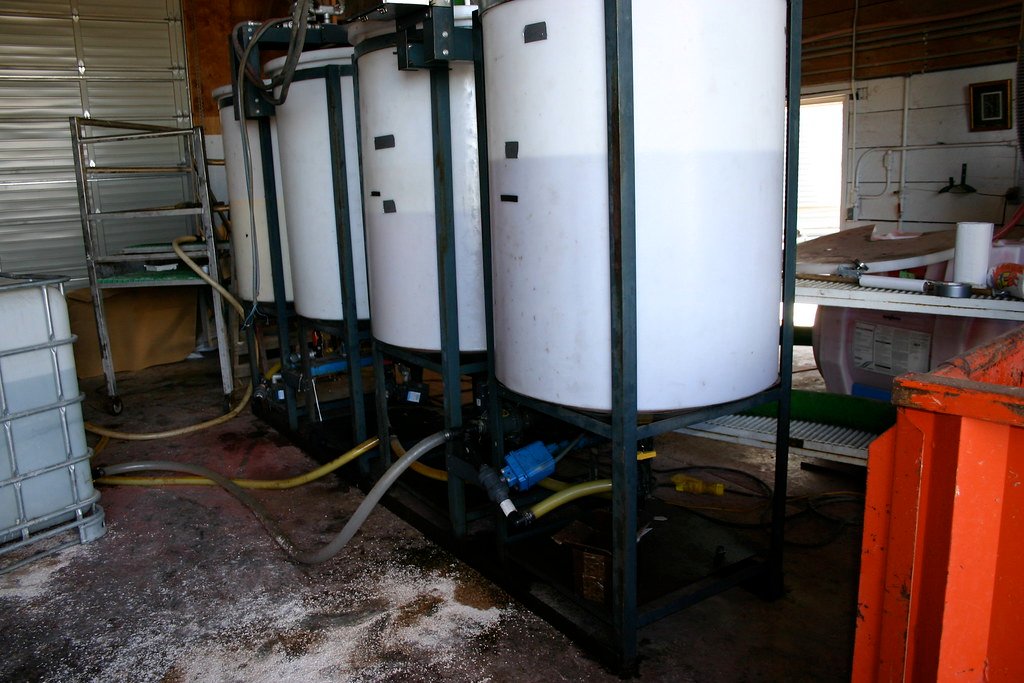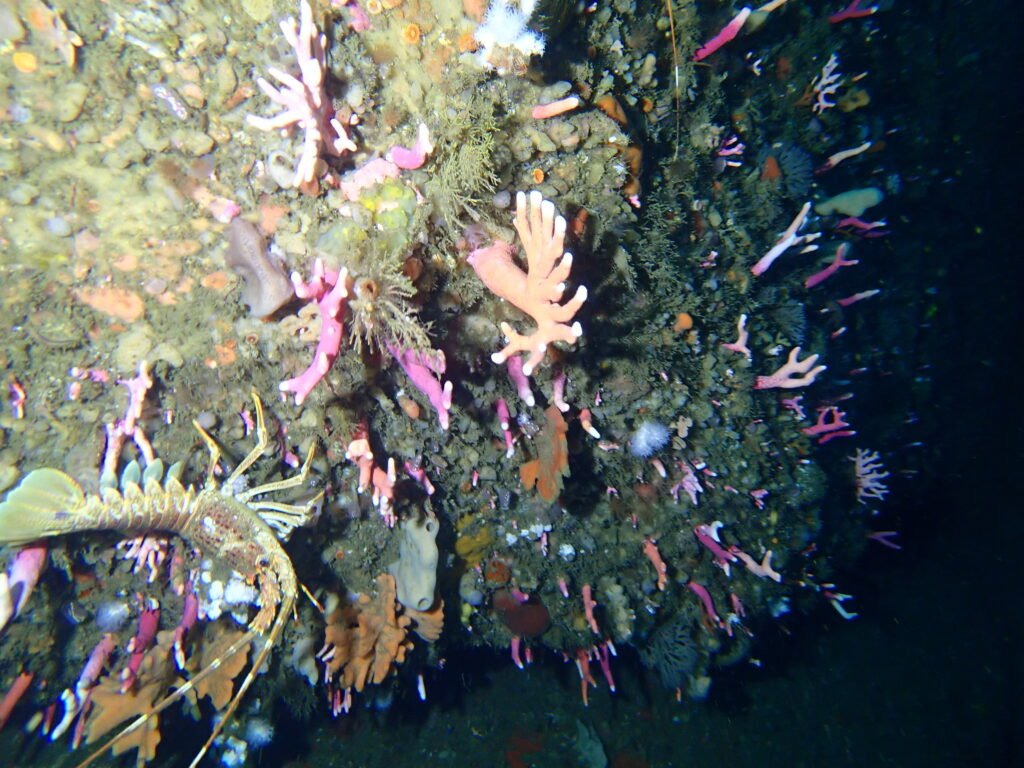As the world grapples with climate change and dwindling fossil fuel reserves, the quest for sustainable energy solutions has never been more critical. Enter the innovative world of microalgae, where Dutch scientists are blazing a trail in developing sustainable biofuels. These tiny aquatic organisms could hold the key to a cleaner, greener future, offering a renewable energy source with the potential to revolutionize how we power our lives.
The Promise of Microalgae

Microalgae, single-celled organisms found in freshwater and marine systems, are being hailed for their potential as biofuel feedstock. Unlike traditional crops used for ethanol or biodiesel production, microalgae do not compete for arable land needed for food production. Their rapid growth rates and ability to thrive in non-arable environments make them a promising candidate for sustainable biofuel production.
The Unique Benefits of Microalgae-Based Biofuels

Unlike other biofuel sources, microalgae have an impressive lipid content, vital for producing biodiesel. Furthermore, microalgae are highly efficient at capturing carbon dioxide, aiding in reducing greenhouse gas emissions. Their cultivation does not require fresh water and can use wastewater, thereby conserving valuable resources.
Research Initiatives in The Netherlands

The Netherlands has emerged as a leader in this field, leveraging its rich history of water management and agricultural innovation. Teams of researchers are working tirelessly to optimize the growth conditions and genetic traits for microalgae on a commercial scale, supporting the transition from petroleum-based fuels to more sustainable alternatives.
Challenges in Scaling Production

Despite their potential, the large-scale production of microalgae-based biofuels presents several challenges. These include the need for significant technological advancements and investments to reduce production costs. Scientists are exploring innovative solutions such as optimizing cultivation systems and combining robotic automation to overcome these hurdles.
Innovative Cultivation Techniques

Innovators are employing numerous cultivation techniques, including open ponds and closed photobioreactors, to maximize yield. Each method offers distinct benefits and drawbacks, but current research focuses on improving efficiency and sustainability. By refining these techniques, scientists aim to reduce production costs and enhance the viability of microalgae biofuels as an alternative energy source.
The Role of Genetic Engineering

Genetic engineering presents another frontier in microalgae biofuel production. By modifying algal strains to increase lipid yields or enhance stress tolerance, scientists can significantly boost biofuel production. Such cutting-edge research holds promise for creating high-yielding, robust algal strains capable of thriving in diverse environments.
Environmental Impact and Sustainability

Utilizing microalgae for biofuels aligns with global sustainability goals by reducing emissions and conserving natural resources. As biofuel production increases, the overall carbon footprint decreases, creating a greener energy landscape. In addition, using wastewater for cultivation ensures that microalgae’s resources remain environmentally friendly, directly addressing sustainability concerns.
Economic Implications

The economic potential of microalgae-based biofuels is significant. By creating new agricultural sectors and job opportunities, this burgeoning industry can contribute to economic growth. Investments in research and development, alongside government incentives, can catalyze the industry’s growth and long-term sustainability.
Collaborations and Industry Partnerships

To accelerate the transition to microalgae-based biofuels, collaboration between academia, industry, and government sectors is vital. These partnerships enable the sharing of expertise, resources, and technology, driving the innovation needed to overcome current limitations and propel the industry forward.
Potential for Global Application

While the Netherlands leads the charge, the global potential for microalgae biofuels is immense. Countries worldwide are beginning to recognize the benefits of harnessing microalgae for sustainable energy. By adopting similar research and cultivation models, nations can work collectively toward a low-carbon, renewable energy future.
Conclusion: A Vision for a Sustainable Future

Through the pioneering efforts of Dutch scientists, microalgae are proving to be a formidable tool in the quest for sustainable energy solutions. By overcoming challenges and continuing to innovate, microalgae-based biofuels could become a cornerstone of future energy strategies. This transformative approach presents a ray of hope in our efforts to build a sustainable world, harmonizing technological advancement with environmental stewardship for generations to come.




